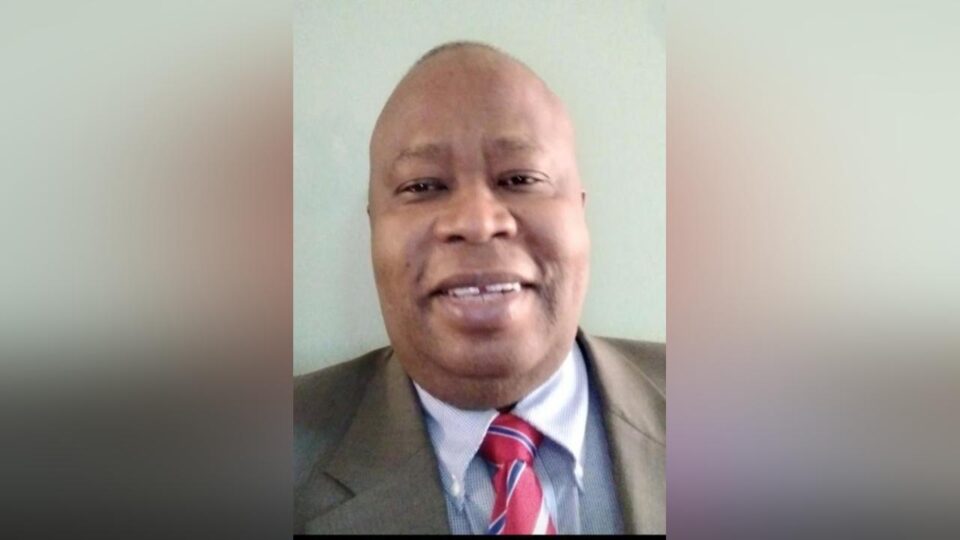PHOTO: The Author
By Austin S. Fallah – A True Son of Liberia, Africa and the Planet Earth Soil
For far too long, the people of Liberia have grappled with the vestiges of economic marginalization and inequality.
As the country grapples with the tasks of rebuilding and progressing post-conflict, there remains a lingering question.
Will the framework for economic agreements and contracts continue to sustain the few at the expense of the many?
This adda argues against the relegation of Liberia to a mere repository of iniquitous contracts and posits that every agreement entered into by the nation must be instrumental in lifting the Liberian people from the literal and figurative dungeons of poverty to the lofty peaks of prosperity.
Liberia, a nation rich with natural resources and human capital, has been fraught with governance policies characterized by exclusionary practices that have perpetuated poverty and inequality across its various districts.
The foundational argument of this powwow begins with the principle that all future discussions and signed contracts must encapsulate the interests of all 73 districts of Liberia, ensuring that every Liberian can partake in the fruits of their land for the first time.
We must restructure our contractual obligations to enshrine the inclusion of Liberian voices, ensuring equitable distribution of wealth and the shaping of national decision-making processes.
The plight of the Liberian people has been characterized by systematic exploitation, where contracts governing natural resources and foreign investments have disproportionately benefited multinational corporations and politically corrupt elites.
This paradigm has entrenched an economic system that has effectively shackled significant portions of the population in poverty. Liberia’s rich resources in iron ore, timber, diamonds, and rubber have historically filled the coffers of external entities whilst leaving the local population languishing.
The call to action is unequivocal. Liberian lawmakers must ardently fight for the incision of their districts into these national contracts, advocating for the collective well-being of their constituents and the greater good of the nation.
Lawmakers (Senators and Representatives) have a fiduciary responsibility to represent and defend the interests of the Liberian people.
They must ensure that contracts and agreements are negotiated with a balanced hand, one that constructs a path toward shared prosperity.
The struggle of Liberia has been long and filled with hardship.
The new paradigm that must be adopted is one where the socio-economic, human rights, justice, and liberation struggles of the Liberian people are acknowledged and brought to a conclusive end.
The shift toward this model begins with the denouncement of contracts that do not place the welfare of the Liberian citizenry at their core.
These contracts must be transparent, fair, and developed with broad consultation to capture the diverse needs and aspirations of all Liberians.
Transparency and accountability are paramount in this transformative approach.
To advance the cause of the population, every contract must be reviewed under the scrutinous eyes of civil society organizations and citizen watchdog groups.
The participatory approach allows for information dissemination and a collective understanding of the impacts these contracts can bring.
The Liberian populace must be educated about their rights and the intricacies of these economic engagements to enable their contribution to dialogues and negotiations.
In this envisioned Liberia, civil society and community leaders will actively participate in the review and negotiation of contracts, thereby democratizing the decision-making process.
Such an approach guarantees that local communities are not merely passive witnesses to the siphoning off of their natural wealth but become empowered stewards of their destinies.
Moreover, the inclusion of local interests promises an equitable distribution of benefits, directly combating poverty and setting the country on an irreversible path to prosperity.
It is also critical to ensure that the benefits of any contract extend across generational lines, with a commitment to sustainable development that conserves Liberia’s environmental heritage while providing for the present needs.
What use is economic growth if it pillages the environment and forecloses the future well-being of the nation?
Sustainability ensures that contracts are not only beneficial to current generations but also safeguard the interests of future Liberians.
One cannot discount the importance of the role of international partners in this process.
Our global allies must align with the new paradigm, acknowledging their responsibility to promote fairness and equality.
International entities engaging in contracts with Liberia must have a vested interest in the upliftment of the Liberian populace, guided by ethics and a commitment to assisting Liberia in achieving tangible development goals.
Governance reforms that establish checks and balances are equally significant.
Adherence to the rule of law and the bolstering of judicial systems are essential to prevent the misappropriation and mismanagement of resources.
Only when the judiciary is empowered to enforce contracts and protect citizen rights can we ensure accountability.
Ending the socio-economic, human rights, justice, and liberation struggles of the Liberian people is a desirable, achievable goal.
It requires a concerted effort from all stakeholders to shift the narrative from exploitation to empowerment, from exclusion to inclusion, from contracts that bind to contracts that liberate.
It is not merely a policy shift, but it is a moral imperative, a call to embrace a more egalitarian and sustainable model of development that respects the dignity and potential of every Liberian.
As we forge ahead, let us adopt the new slogan that encapsulates our collective aspirations.
No longer shall we be swayed by the discordant tunes of inequity. Instead, we resolve to craft contracts that herald a future where Liberians are no longer bystanders in their own fate but active architects of a nation lush with opportunities, justice, and prosperity.
Let this be not just a mantra but the standard that governs every decision, every agreement, and every contract henceforth, the undeniable covenant that binds the destiny of the Liberian nation.
Only then shall we truly capture the mountains of prosperity, not for the few, not for the privileged, but for every Liberian.
Each district, each community, and each individual must thrive, undivided, towards a shared and resplendent future.

